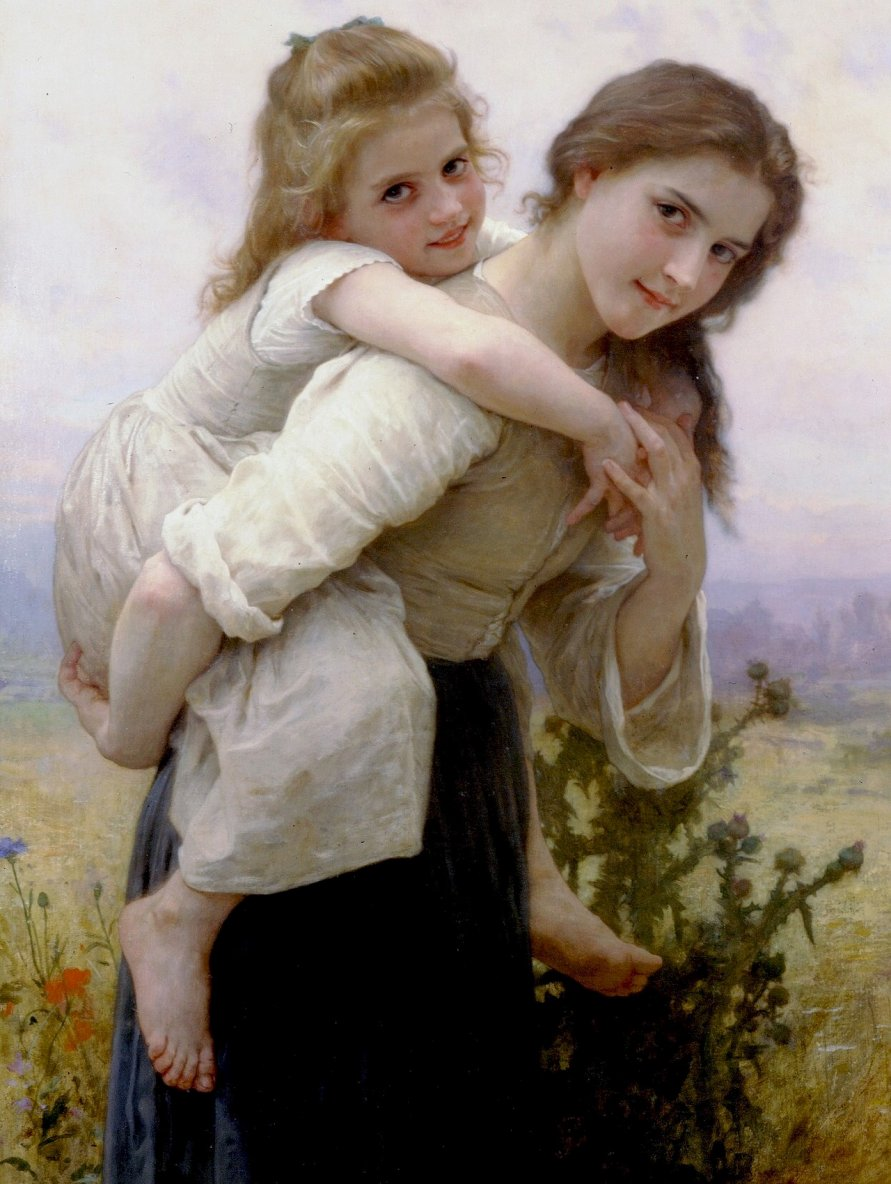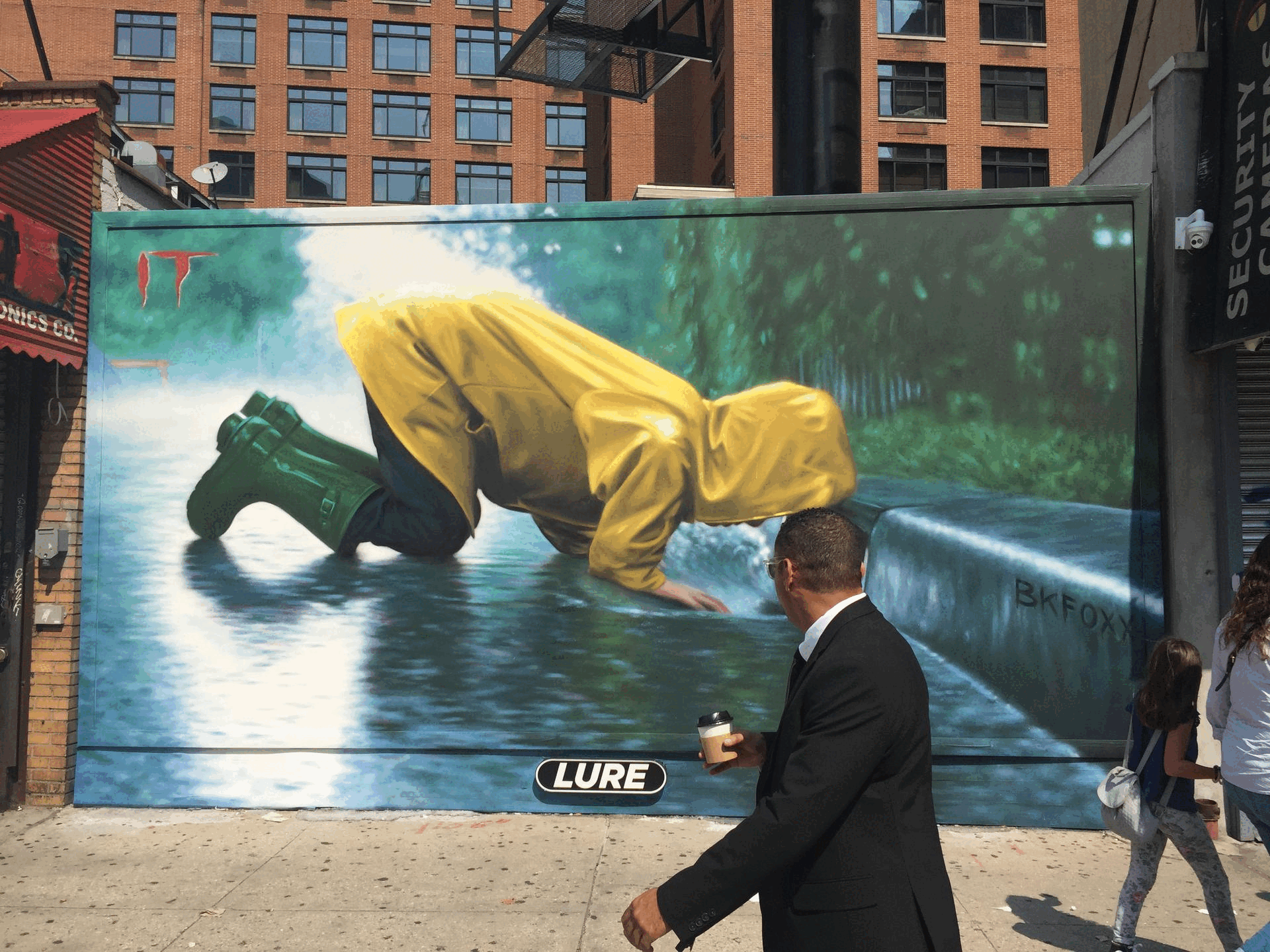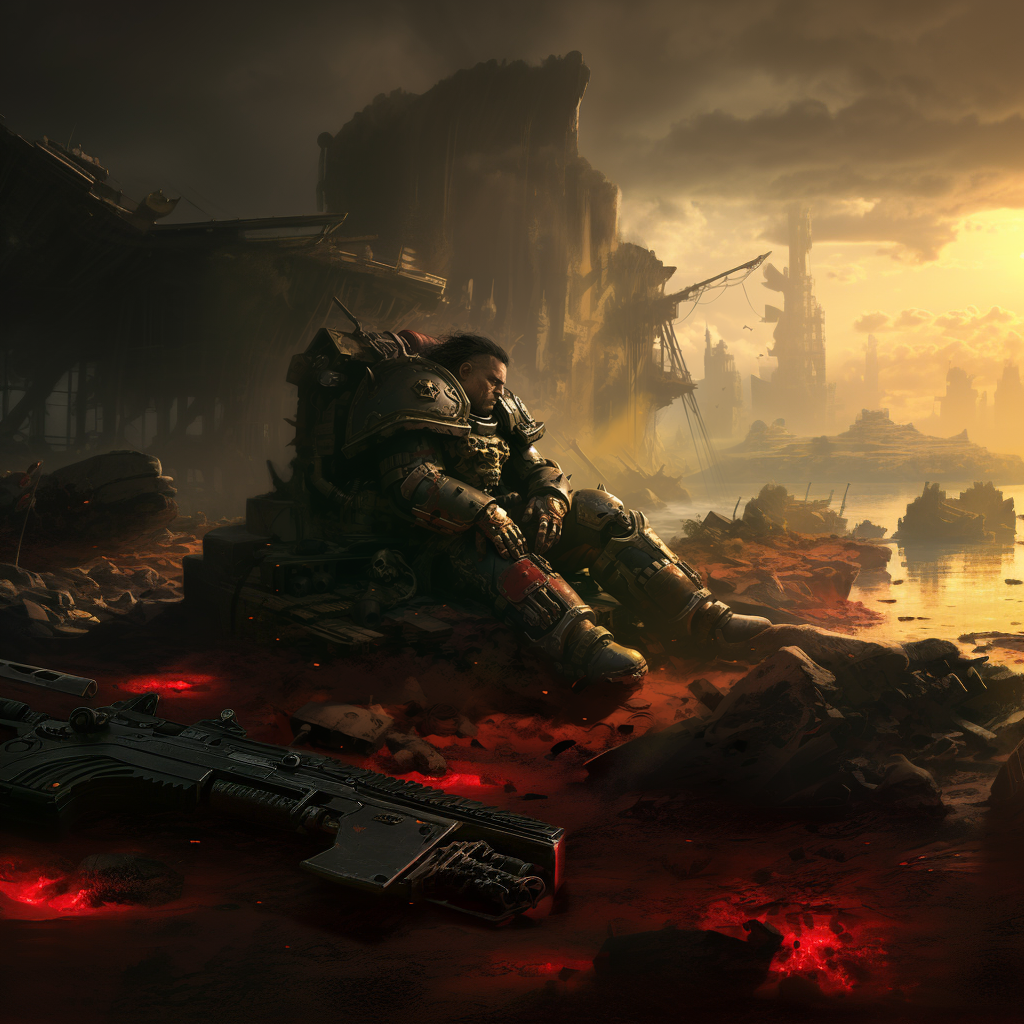Lost but happy
talking to stgranger, 80/20 and how dogs saved me during covid. NYC train and walking perspective, substrate independence, futures based on life3.0, greatness cannot be planned* Outliers
Read moreTHE REST IS Sociology
Lost but happy
talking to stgranger, 80/20 and how dogs saved me during covid. NYC train and walking perspective, substrate independence, futures based on life3.0, greatness cannot be planned* Outliers
Read moreTHE REST IS Sociology
Ear Plug Review
2024 -> The Scotch Tape ManifestoAnother entry begins here. Documenting another great day, another thought, another moment to share. This will be a rating for LOOP earplugs. This will also goover nonviolent communiocation + community + roommates + dopamine + surrounded by idiots
Read moreThis is additional content for the second entry. Feel free to expand upon this with text,  or any other elements you want to include.
or any other elements you want to include.
Future Thinking makes me hate people, and still love humanity
How is it possible you might ask? Well its dopamine, the molecule of more.
The unsaid, and the importance of how to have difficult conversations. That is the secret to success. This is something that has plauged my silly exsistence since the start of my life. People will think this isnt a big ideal until a bad conversation and burnt brdige really can send you back a few years. Read more### Chapter One: The Dopamine of Giving, the Language of Faces, and a Future of Possibilities
There is a moment, brief as a blink, when you pass the man sitting on the corner. His hand is outstretched, empty but heavy with expectation. You think—or perhaps you don’t—about reaching into your pocket. What decides whether you give him a dollar? The answer, though it feels like a product of your rational mind, is far less under your control than you might believe.
Dopamine is a molecule of anticipation, not reward. It propels us toward what we desire but leaves us empty the moment we possess it. This hunger, this forward pull, isn’t reserved for the grand pursuits of life but governs our every decision, even those small acts of kindness. When you see the homeless man, your brain begins a quick calculus: Do I have change? Will this matter? Will others see me? What else could I do with that dollar? Dopamine isn’t whispering "give" or "don’t give." It’s igniting your brain with possibilities, creating the tension between selfishness and generosity.
Our acts of giving, of choosing, are often less conscious decisions than we’d like to admit. Even small, seemingly inconsequential factors—the cleanliness of the street, the presence of others, the tilt of the man’s head—can nudge us toward or away from action. Context, far more than intention, shapes behavior.
And then there is the face.
In the 1970s, researchers identified universal facial expressions—micro-movements of muscles that convey anger, joy, fear, disgust, sadness, and surprise. These expressions are universal, transcending culture and language, a shared human vocabulary. As I study someone’s face, I can often tell what they’re thinking before they’ve spoken a word. The corner of the mouth twitches upward: amusement. Eyebrows knit together: concern. A micro-flare of the nostrils: disgust. It’s an art and a science, this reading of faces, but it’s also a reminder of how much we broadcast unknowingly. You think you’re in control, but your face is already telling the story.
If faces are a mirror to the present, artificial intelligence may be our mirror to the future. AI paints a picture of a world reshaped by machines that not only perform tasks but redefine what it means to think, to create, to live. The possibilities are exhilarating—and terrifying. AI could solve climate change, cure diseases, and democratize education. It could also exacerbate inequality, erode privacy, and make decisions we no longer understand.
Consider this: What if the AI of tomorrow could read your face better than I can? What if it could sense your dopamine spikes, predict your desires, and tailor the world to keep you perpetually anticipating—but never satisfied? Companies already use algorithms to manipulate your attention, your purchases, your votes. The future isn’t distant; it’s here, unfolding quietly, like a micro-expression you didn’t catch.
And yet, the future isn’t inherently bleak. It’s brimming with potential. The same technologies that could divide us could also unite us. AI could illuminate our shared humanity, teaching us to communicate beyond language, to see one another as we truly are—flawed, yearning, hopeful.
As I sit here, reflecting on a life lived more in creation than in collection, I find myself hopeful. Not because the future is certain—it’s anything but—but because uncertainty is the space where possibility lives. The world is changing, whether you notice or not, whether you’re ready or not. The homeless man, the faces you pass, the algorithms shaping your days—all are threads in a tapestry being woven moment by moment.
Dopamine pulls us forward. Faces reveal the present. AI expands the future. None of these forces are entirely within our control, but they are part of our story. And what a story it is.
For now, as you walk past that man on the corner, know this: The act of giving is not just about him. It’s about you, about the forces that move you, about the world you’re helping to create. The future is happening, with or without your noticing. The question is: What part will you play in it?
 or any other elements you want to include.
or any other elements you want to include.
Sight creates distance
The universe looking back at itself, briefly, before I turned away. Im not sure if they did. Atleast the me that can think about it.
Read moreI heard a song today. Someone was playing it—soft, unhurried. Not a performance, but an act of creation. I could hear the small hesitations in their hands, the kind of pauses that come when the song isn’t fully formed yet, when it’s still becoming. And then I saw them. The way their face leaned into the sound, as if they were listening to something farther away, something only they could hear.
It made me think about the universe and its obsession with seeing. Hearing is intimate; it fills you from the inside out. But sight? Sight creates distance. It insists on form, on separation: this is me, and that is you. Still, the universe can’t seem to help itself. Everywhere there’s life, there are eyes.
Eyes don’t follow the usual rules. Evolution plods along, building slowly, brick by brick. But eyes? They leap ahead, cheat the game, rewrite the rules. As if the universe itself needs to witness its unfolding, to know that it’s all happening. Seeing isn’t just a survival tool; it’s a declaration. The act of looking is the act of creating.
Watching that person play today, I felt it: how much we change just by the context we’re in. A song in an empty room is one thing. A song with an audience—even an accidental one—is something else. The tipping point isn’t in the notes or the hands; it’s in the space between us, in the way being seen shapes what’s being created.
Eyes transform. They pull light out of the dark and call it something: a shape, a shadow, a moment. The person I saw playing music today wasn’t just making a song; they were making a world. Just like the universe makes eyes. Over and over, it invents ways to see itself, ways to transform what it looks at, ways to push us into becoming.
But for all their brilliance, eyes are imperfect. They flood us with more than we can process. We miss most of what’s there, the vastness of what the universe is trying to show us. Maybe that’s the point. To see everything would be unbearable. The act of seeing is enough—it starts the change.
I wonder if the person playing music today felt that. The moment their eyes lifted from the strings and met mine, I felt it. Something shifting. The universe looking back at itself, briefly, before I turned away. Im not sure if they did. Atleast the me that can think about it.
 january 25
january 25
Live from Live
Shot by shot from a project that is being worked on. Turn into a script, turning the Project that we were just doing into something. turning ourselves into characters Read moreTHE REST IS Sociology
 january 25
january 25
From the future, a journal entry for the future. This is the super intelligence asking for you to tell it what you think about everyday. How today went. What did you learn, What did you do? Can it have a philip k dick ending where the whole test seemewd to be for the health of the patient writing, but based on what they are doing and how they are doing, is based if they are allowed to reproduce or not...idk something along these ultra heaven-esk ideas
Read moreTHE REST IS Sociology
 january 25
january 25
Everything is going well, until they walked in. Maybe this whole thing can be based on bad language, and the impossibility to understand eachother with our glasses on.
Read moreTHE REST IS Sociology
 january 25
january 25
Everything is going well, until they walked in. Maybe this whole thing can be based on bad language, and the impossibility to understand eachother with our glasses on.
Read more""When [specific action/event] happens,
I’ve become aware that…"
 january 25
january 25